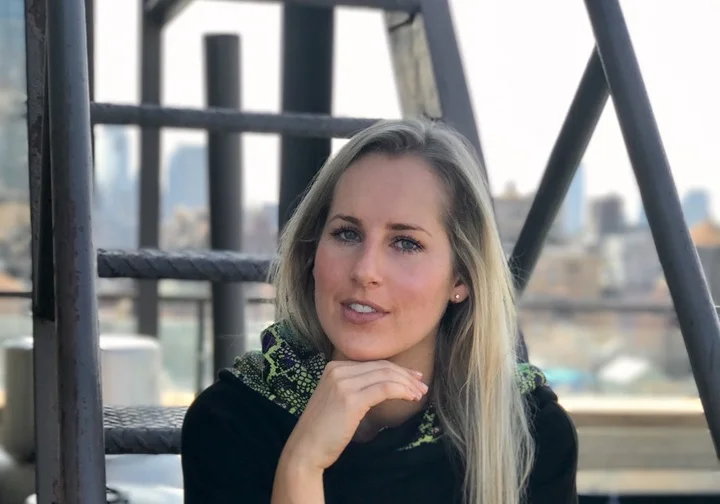All Time Greatest Hits
We’ve hand-picked a selection of Megan’s most popular articles. For hundreds more, check out her author pages on Huffington Post, Forbes, MindBodyGreen, Thrillist, Thought Catalog, Gaia, Entrepreneur, Verily and Quartz.
If you’re interested in research-supported, expert information on psychedelics, check out the Multidisciplinary Association for Psychedlic Studies.
If you’re interested in an amusing anecdotal account of one therapist’s DMT trip to Hell, read on.
Loneliness tends to catch me off guard.
“We entrepreneurs can’t afford to date,” I half-joked to a friend the other day. “We can’t take sick days when we get our hearts smashed.”
I swear to God if there’s one thing that will make me willingly leave this city, it’s hearing another group of brilliant, inspiring women talk about their “need” to reach some arbitrary goal weight they’ve determined will be the impetus to their elusive self-acceptance.
Sometimes I resent my self-acceptance.
Many clients come to me believing there is “something wrong” with them. They believe they’re fundamentally flawed, or they're making a last-ditch attempt at life, often with plans to end theirs if things don’t improve. However, more often than not, the root of their depression is not a biochemical imbalance or a life-sentence. Rather, it’s a result of one or more of the following lifestyle factors.
Whether it's in response to an upcoming presentation, interview, round of layoffs, new position, or networking meeting, anxiety is an emotion we encounter repeatedly throughout our careers (and...lives). It's not a comfortable experience, and it's not meant to be.
A certain degree of social anxiety is completely normal--even helpful. The fear of rejection or negative judgment is evolutionary: In caveperson days, rejection could mean ostracization from the pack--which meant little chance for survival or procreation. But there's a difference between wanting to be accepted, and fearing rejection so much we avoid any setting where there's a possibility of judgment (which, masochistically, is usually our own judgment toward ourselves, not someone else's).
You don't have to practice yoga or follow an Ayurvedic diet to benefit from Buddhist ideas (but if you do, more power to you).
So whether or not you think about balancing your dosha, here are three powerful elements of Buddhist philosophy, "The Noble Truths," and how you can incorporate them into every day. They might just change your life...
Over the course of my career as a therapist, I've counseled thousands of people, which in a lot of ways amounts to a giant research project. People come to me when they're depressed or otherwise struggling -- whatever their specific issues, they generally hope to "get better." In short, they want what most people want: to be happy.










